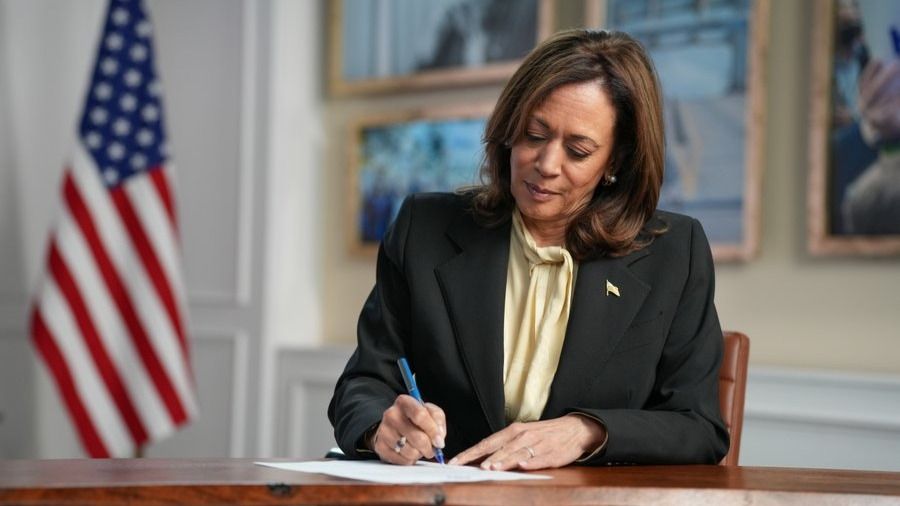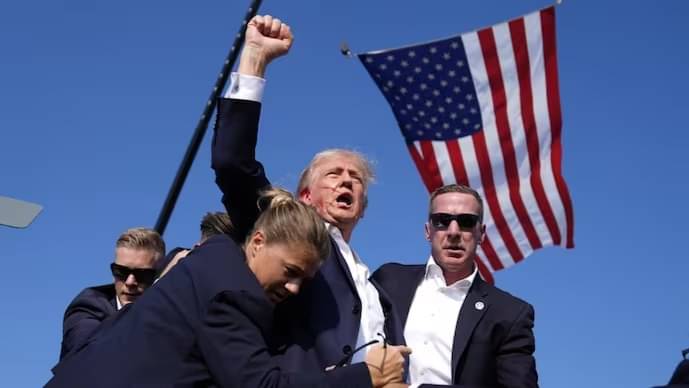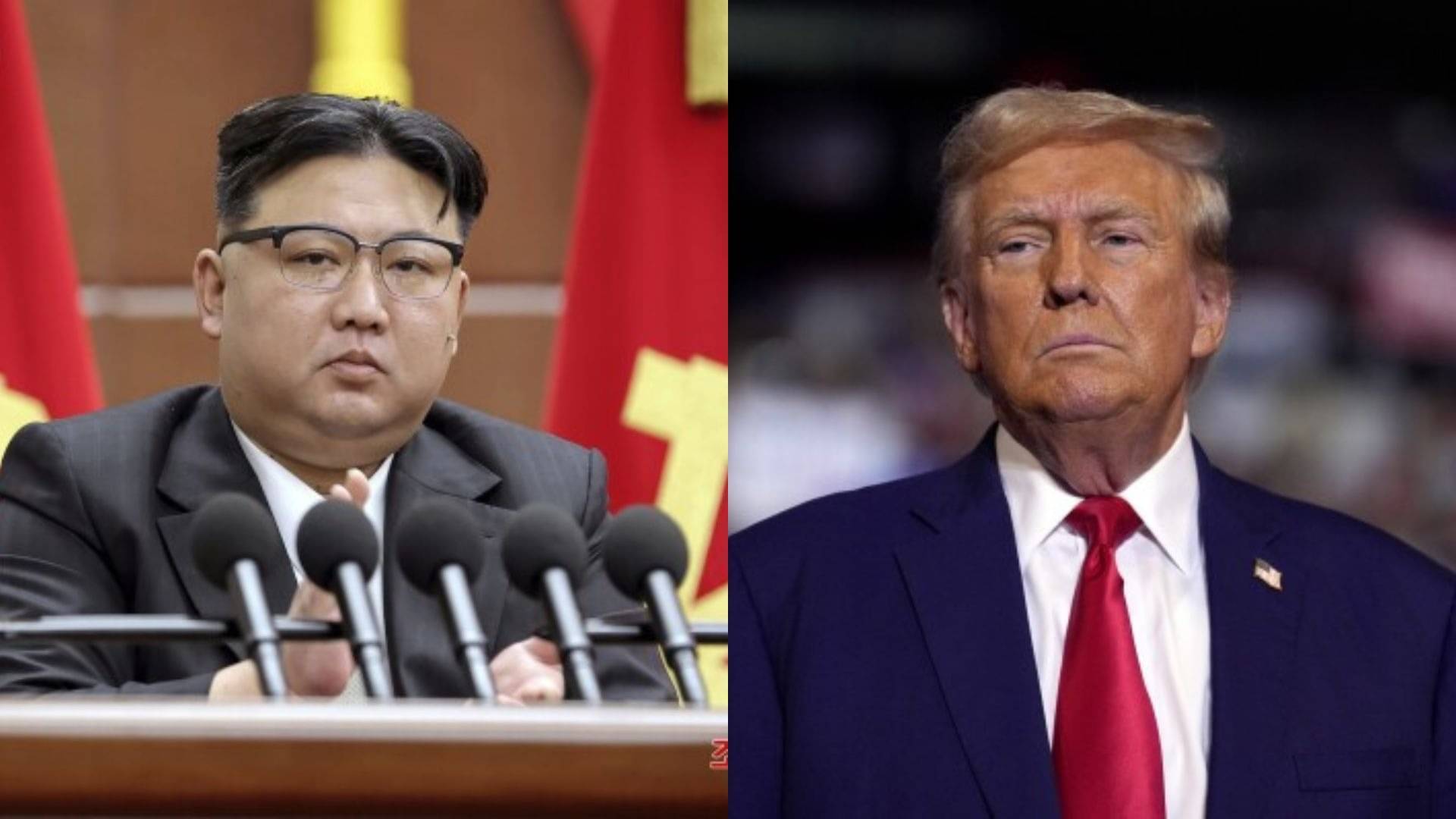Washington: Vice President Kamala Harris, a daughter of immigrants who rose through the California political and law enforcement ranks to become the first female vice president in U.S. history, formally secured the Democratic presidential nomination on Monday — becoming the first woman of color to lead a major party ticket.
More than four years after her first attempt at the presidency collapsed, Harris’ coronation as her party’s standard-bearer caps a tumultuous and frenetic period for Democrats prompted by President Joe Biden’s disastrous June debate performance that shattered his own supporters’ confidence in his reelection prospects and spurred extraordinary intraparty warfare about whether he should stay in the race.
Harris’ nomination became official after a five-day round of online balloting by Democratic National Convention delegates ended Monday night, with the party saying in a statement released just before midnight that 99% of delegates had cast their ballots for Harris. The party said it would next formally certify the vote before holding a celebratory roll call at the party’s convention later this month in Chicago.
Already Harris has telegraphed that she doesn’t plan to veer much from the themes and policies that framed Biden’s candidacy, such as democracy, gun violence prevention and abortion rights. But her delivery can be far fierier, particularly when she invokes her prosecutorial background to lambast Trump and his 34 felony convictions for falsifying business records in connection with a hush money scheme.
“Given that unique voice of a new generation, of a prosecutor and a woman when fundamental rights, especially reproductive rights, are on the line, it’s almost as if the stars have aligned for her at this moment in history,” said Democratic Sen. Alex Padilla of California, who was tapped to succeed Harris in the Senate when she became vice president.
Kamala Devi Harris was born Oct. 20, 1964, in Oakland, California, to Shyamala Gopalan, a breast cancer scientist who emigrated to the United States from India when she was 19 years old, and Stanford University emeritus professor Donald Harris, a naturalized U.S. citizen originally from Jamaica.
She spent years as a prosecutor in the Bay Area before her elevation as the state’s attorney general in 2010 and then election as U.S. senator in 2016.
Harris arrived in Washington as a senator at the dawn of the volatile Trump era, quickly establishing herself as a reliable liberal opponent of the new president’s personnel and policies and fanning speculation about a presidential bid of her own. Securing a spot on the coveted Judiciary Committee gave her a national spotlight to interrogate prominent Trump nominees, such as now-Supreme Court Justice Brett Kavanaugh.
Harris launched her 2020 presidential campaign with much promise, drawing parallels to former President Barack Obama and attracting more than 20,000 people to a kickoff rally in her hometown. But Harris withdrew from the primary race before the first nominating contest in Iowa, plagued by staff dissent that spilled out into the open and an inability to attract enough campaign cash.
She also struggled to deliver a consistent pitch to Democratic voters and wobbled on key issues such as health care.
Still, Harris was at the top of the vice presidential shortlist when Biden was pondering his running mate, after his pledge in early 2020 that he would choose a Black woman as his No. 2. He was fond of Harris, who had forged a close friendship with his now-deceased son Beau, who had been Delaware’s attorney general when she was in that job for California.
(Except for the headline, this story has not been edited by Republic and is published from a syndicated feed.)
Kamala Harris Officially Becomes Democratic Presidential Nominee world-news, us World News | Latest International Global World News | Todays Breaking News Headlines




